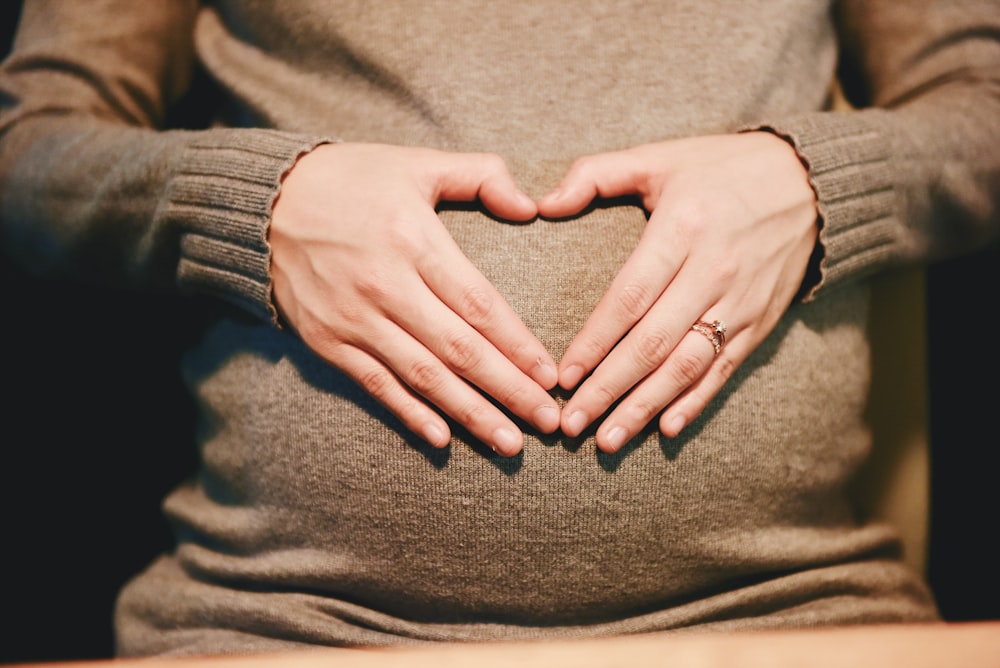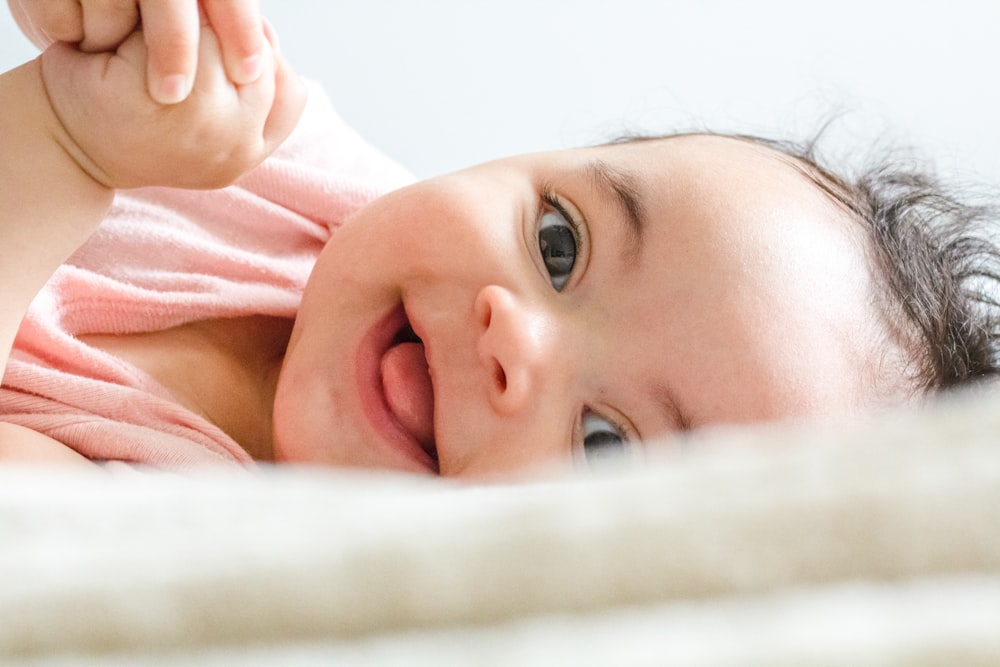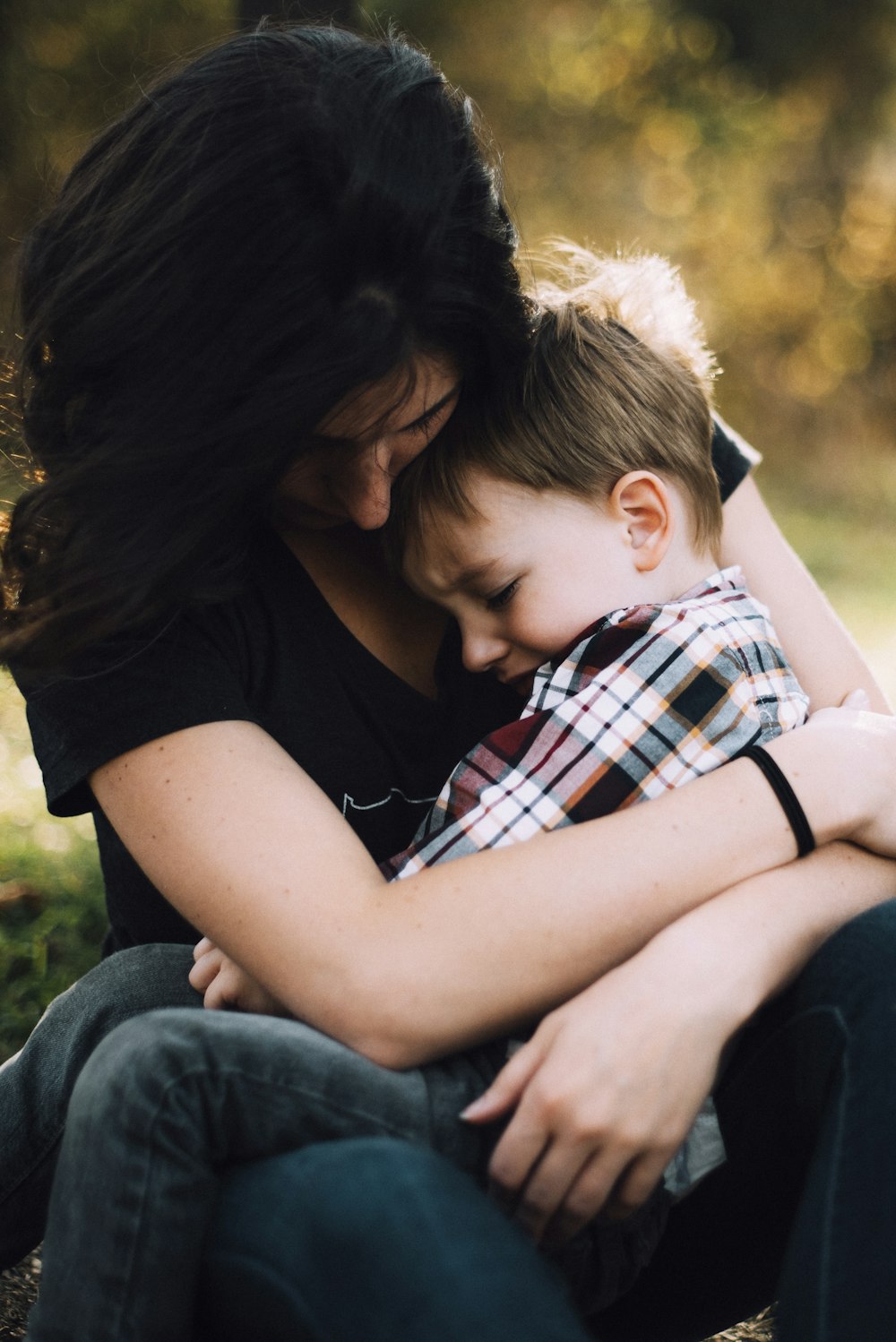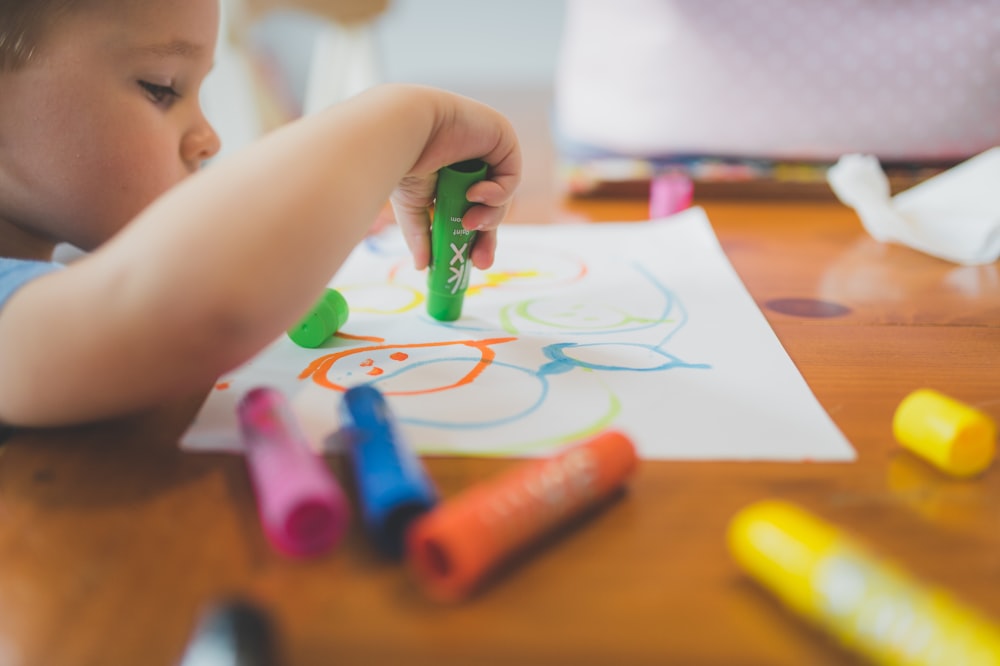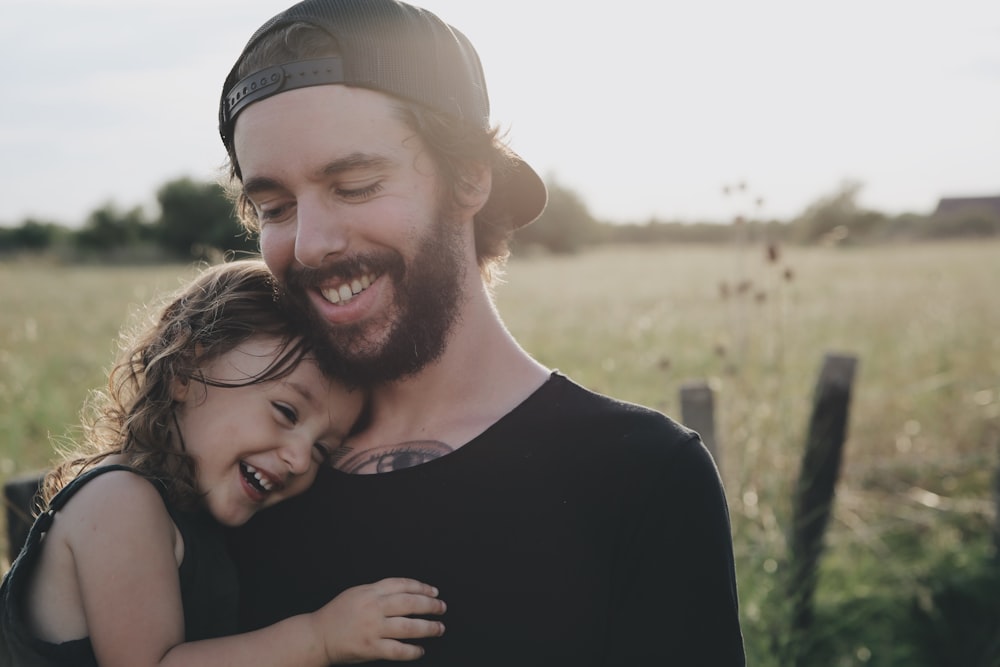Is it possible to be a perfect parent?
Yes…and no. It depends on your definition of perfect. Mostly, perfection is unattainable and likely unhealthy for anyone.
Let me be clear, I’m not an “expert” outside of being a parent. I offer advice or words for thought based on my experience as a mother and as someone who has access to several other parents. Real-world experience, if you will.
I’ll begin with the “no” answer I gave above.
Most of us desire to do everything possible to make life spectacular for our babies. That goal begins as early as when they are forming in the womb. Those of us carrying the fetus do our best to eat all the right foods. We abstain from food and drink that may do our babies harm. We sing and talk to our fetuses. We take prenatal vitamins and exercise as much as we can around our jobs and other time-sucking activities.
We do our best.
Before I was pregnant, I feared having kids. I was so afraid I wouldn’t be a perfect mother. I mean, let’s face it, I was not a perfect person by any stretch of the imagination. I wanted to get as close to self-perfection as possible before I started having any kids. You can imagine how that turned out. If I’d waited for that goal to be reached, I still wouldn’t have any kids, and I’m in my fifties!
Life is a series of learning. Day after day, mistake after mistake. We grow and change and better ourselves. But for everything we get “right”, we are likely getting something else “wrong”.
Perfection is a myth, an unattainable goal for anyone. Who needs it anyway? Our so-called imperfections make us unique. Some of those things are wonderful and even funny, while other imperfections are not so great, even unhealthy for us.
I became a mother to my first child, being nowhere near perfect. My husband believed I would be a wonderful mother, and he was more than ready to be a father. He loves children and wanted his own.
Perfection still eluded me. I was terrified! But I learned something right away.
Struggling to do “the right thing” all the time is pointless. We think we know what the right thing is when, in reality, it’s often something entirely different.
When my first child was three, I decided it was time to put him in preschool for the socializing experience as I was a stay-at-home mother. Having come from a suburb in Oregon to the city of San Francisco, I was out of my element. I was raised in a totally different environment than that of a big, bustling city.
I followed my comfort level and found a preschool outside of the city in a suburb. It was the suburbs. Nothing could go wrong. Right? Wrong.
The experience was stressful and didn’t end well. That school was not a good fit for my son’s personality. Something I didn’t learn until it was too late. He needed structure. This place did not offer that. So, he was in a constant state of insecurity while attending that school. On the days I worked there (it was a co-op), he was fine, knowing I was near him, offering some amount of security the school environment did not offer. On the days I left, he cried a lot.
He was one of those kids who needed to survey his surroundings first, to watch and listen before he would participate. As it turned out, he had the sensitivities and quirks many children with extremely high IQs possess, but we didn’t know all that at the time.
He wasn’t alone. There were three others like him in his class. All of us were new parents and didn’t understand our children’s needs in that environment yet.
Eventually, I removed him from that school and kept him home with me instead. Still, I feared I’d damaged my son in some irreversible way by letting him suffer in that environment. If only I was perfect!
Of course, I hadn’t damaged him at all. He thrived at home and was more than ready for kindergarten.
The preschool ended up firing the director after she gave ill advice to all of us with kids who were different learners. In her position, she should have understood the different types of learning and informed us parents instead of telling us our kids need to see a child psychologist.
I did not fail. I floundered, yes, but it all worked out. In the end, both of my children are wonderful men now, successful, and have faith in God. All the things I wanted for them. They got to where they are without having a perfect mother or father.
Honestly, I believe children thrive knowing that neither they nor their parents need to be perfect.
So how can you possibly be a perfect parent? It’s called love.
Loving your child/children is the key to getting as close to the elusive perfection as parents. Love is the key. If we love our children unconditionally, we will naturally provide what they need. We will always strive to do the best for them, using the knowledge we have at that time. Sometimes what we do will work out, and other times it will seem like we failed. We have not. Our “failures” as parents will become part of what shapes our kids. They will be stronger for our failures, and stronger for their own.
We aren’t talking about child abandonment or abuse. That’s something entirely different. That’s failure.
We are talking about everyday parents, doing the best we can, getting some of it right and some of it “wrong”.
Keep your mind open, adjust your view as you learn, and keep on doing your best. That’s all you can expect of yourself. Your children only know how to love you. Love them back.
Happy parenting! They grow up fast. If you stay present in each moment, you’ll have precious memories to look back on later.
Thank you for visiting my blog. Please visit my website and click on a link to a short story or two.
Take care and happy reading.
Inspirational Quote:
“Behind every young child who believes in himself is a parent who believed first.”—Matthew Jacobson
Book Recommendation:
“You Are Special” by Max Lucado’s book and video are available.

